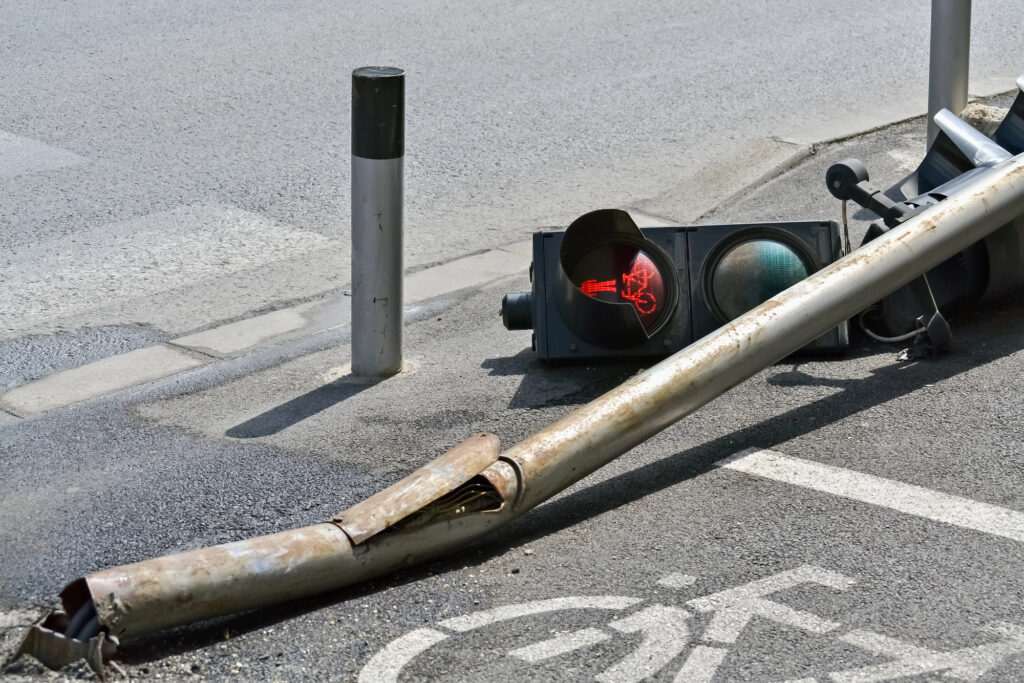Workplace accidents can lead to serious brain injuries, leaving you with physical, emotional, and financial challenges. Understanding your rights and legal options is key to ensuring you receive the compensation you deserve. Whether it’s through workers’ compensation or pursuing a personal injury lawsuit, knowing how to navigate these situations can make a significant difference in your recovery. Let’s explore how you can protect yourself and your future after a brain injury at work.
Understanding Brain Injuries in the Workplace

Brain injuries in the workplace can happen in the blink of an eye, often due to common accidents like falls, machinery malfunctions, or vehicle collisions. These incidents can cause a range of injuries, from concussions, which are mild but still serious, to contusions, which involve bruising of the brain, and traumatic brain injuries (TBI), which can be life-altering. Each type of injury has different symptoms, but all can have lasting effects, making it difficult to work or perform daily activities. Knowing about the causes and types of brain injuries is essential for recognizing when you may have been injured and knowing the steps to take for proper treatment and legal action.
The Impact of Brain Injuries on Your Life
Brain injuries can significantly impact your physical, emotional, and cognitive well-being. Physically, they may cause headaches, dizziness, fatigue, and impaired motor skills, making everyday tasks challenging. Emotionally, mood swings, anxiety, or depression are common, which can strain relationships and affect overall mental health. Cognitively, brain injuries can impair memory, focus, and decision-making, often hindering your ability to return to work or function as before.
The effects of a brain injury ripple through your life, affecting your ability to earn a living, support your family, and enjoy a fulfilling life. Recovery may take time, and long-term health issues can impact your independence. Understanding how these changes affect you is crucial when navigating legal options and seeking the compensation you deserve.
Workplace Safety Regulations and Employer Responsibilities
Workplace safety regulations are in place to protect workers from harm, with laws like OSHA standards setting clear guidelines for employers to follow. These regulations cover everything from proper equipment use to ensuring safe work environments. Employers are legally responsible for maintaining a safe workplace, conducting regular safety training, and addressing hazards before workplace accidents occur.

When workplace accidents do happen, workers are entitled to workers’ compensation, which helps cover medical bills, lost wages, and more. Employers must also report injuries promptly and assist workers in accessing necessary support. These laws help you know your rights and know how to seek help if your safety is compromised on the job.
Workers’ Compensation and Brain Injuries
Workers’ compensation provides financial support for workers injured in workplace accidents on the job, including those with brain injuries. Benefits can cover medical expenses, lost wages, and rehabilitation. To file a claim, you’ll need to report the injury to your employer and provide medical documentation. However, securing compensation for brain injuries can be challenging due to the complexity of symptoms and delayed diagnoses. Employers and insurers may downplay the severity of brain injuries, making it essential to have strong documentation and legal support to ensure fair compensation for recovery and long-term care.
Third-Party Liability and Legal Options
In some workplace accidents, third-party liability may come into play if a non-employer, like a product manufacturer or contractor, is responsible for the injury. If a defective product or unsafe conditions caused the brain injury, you might be able to pursue a personal injury lawsuit against the third party. This legal route allows you to seek additional compensation beyond workers’ compensation for pain and suffering, medical expenses, and lost wages.
The Importance of Legal Representation
Consulting an attorney with experience in brain injury cases can make a world of difference. They understand the complexities of both workers’ compensation claims and personal injury lawsuits, ensuring you don’t miss any critical steps. A skilled attorney can help gather necessary medical evidence, communicate with insurers, and negotiate for fair compensation. Their expertise gives you the confidence that your rights are being protected, allowing you to focus on recovery without the added stress of navigating the legal system on your own.

Steps to Take After a Workplace Brain Injury
If you suspect a brain injury after a workplace accident, act quickly. First, seek medical attention immediately, even if symptoms seem mild, as brain injuries can worsen over time. Document everything—write down the incident details, take photos of any visible injuries, and keep a record of medical visits. Reporting the injury to your employer is crucial for filing a workers’ compensation claim. The sooner you document and report, the stronger your case will be for receiving the benefits and compensation you deserve.
Choose LeBaron & Jensen for Brain Injuries
Knowing your rights after a workplace brain injury is crucial for securing the compensation you deserve. The legal process can be complicated, but with the right support, you can navigate workers’ compensation claims and personal injury lawsuits effectively. At LeBaron & Jensen, our experienced attorneys are here to guide you every step of the way. Don’t face this challenge alone. Consult with us today to explore your legal options and protect your future.




